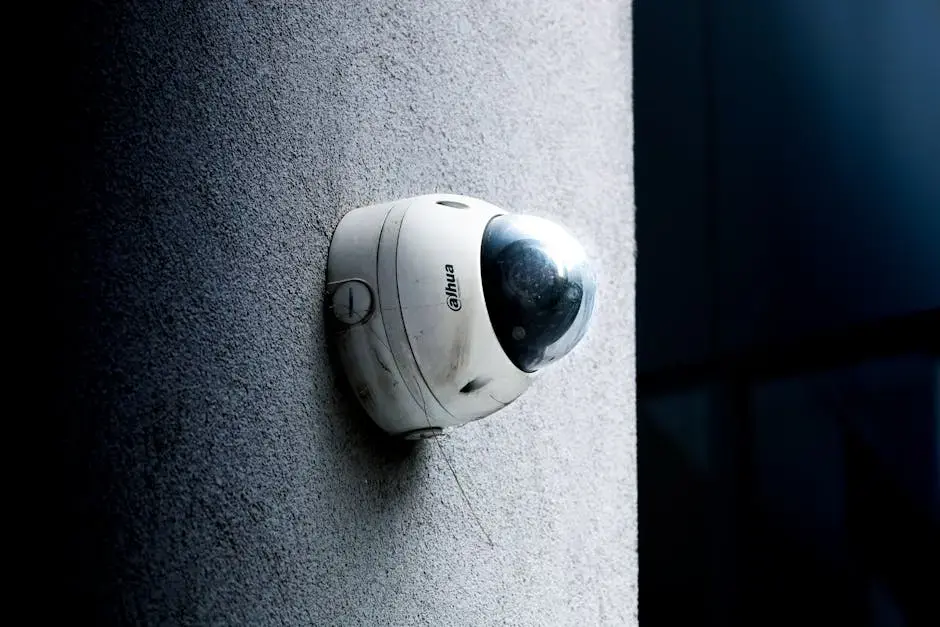10 Security Advisory Tips for High-Profile Individuals
- Kfir Goldin
- Dec 15, 2024
- 4 min read
In today's world, high-profile individuals are often in the public eye, making them more vulnerable to security threats. Whether you're a celebrity, politician, or business leader, ensuring your safety is paramount. This blog provides essential security advisory tips designed to help you navigate potential risks and maintain your peace of mind.

1. Assess Your Personal Security Needs
Take some time to understand your unique situation, lifestyle, and the potential threats you may face. Consulting with a security expert can provide valuable insights tailored specifically for you.
It's essential to recognize that no two individuals are the same when it comes to security risks. Factors such as your profession, public visibility, and personal circumstances should all be considered. A thorough risk assessment may also involve evaluating your travel patterns and social activities. Take the time to pinpoint when and where you are most at risk, as this knowledge will inform your overall security strategy.
2. Develop a Risk Management Plan
Once you identify potential threats, create a comprehensive plan that outlines how to address these risks. This may include evacuation routes, emergency contacts, and specific protocols for various situations.
A detailed plan should not just highlight risks but also empower you with actionable steps. Think of it as your blueprint for safety. Include scenarios for both common situations—like public appearances—and emergencies, such as threats from fans or stalkers. Furthermore, make sure all key people in your life are familiar with this plan; their awareness can be crucial in a moment of crisis.
3. Prioritize Digital Security
In our tech-driven world, securing your online presence is just as important as physical security. Use strong passwords, enable two-factor authentication, and be mindful of what you share on social media.
Cybersecurity is often overlooked, but for high-profile individuals, it can be just as impactful as personal safety. Malicious actors often exploit online activity for nefarious purposes. Make a habit of regularly changing passwords and reviewing privacy settings on your social accounts. Moreover, consider limiting access to your most personal profiles—keeping them private can deter unwanted attention.
4. Invest in Professional Security Services
Hiring experienced security personnel can provide an added layer of protection. Consider your needs and determine the best options, from personal bodyguards to private security firms.
When seeking professional help, look beyond just securing services. Vet individuals or firms thoroughly: their experience in your particular field can make a big difference. Additionally, remember that effective communication is essential. Establish clear expectations about their roles and how they fit into your broader security plan.
5. Be Vigilant About Your Surroundings
Always stay aware of your environment. Notice any unusual behavior or potential threats while traveling, attending events, or even just walking in your neighborhood.
Your surroundings tell a story; learn how to read it. People often miss warning signs because they're preoccupied. Regularly practice mindfulness to tune into what's happening around you. This vigilance can empower you to make safer choices, whether that means changing your route or deciding to leave an event early. Trust your instincts—they're often your first line of defense.
6. Maintain a Low Profile
While your public persona may attract attention, keeping a low profile in everyday situations can help mitigate risks. Limit your exposure in vulnerable scenarios, especially during travels.
Going under the radar doesn’t mean sacrificing your lifestyle. It’s about being smart with how you present yourself. For instance, when in public, consider dressing less conspicuously to avoid drawing unnecessary attention. Also, familiarize yourself with local customs and cultures, which can provide additional layers of safety during travels.
7. Secure Your Home
Invest in quality home security systems, including alarms, cameras, and smart technology to monitor suspicious activity. Regularly assess and upgrade your home security measures.
A secure home is not just about having the latest gadgets; it involves creating an environment that's inherently secure. Reinforce doors and windows, and consider landscaping choices that enhance visibility rather than obscure it. Additionally, establish a neighborhood watch or connections with your neighbors; a community that looks out for each other can often deter threats.
8. Establish Safe Communication Practices
Determine the best ways to communicate with your inner circle, especially in emergencies. Utilize secure messaging apps and avoid discussing sensitive information over public networks.
Communicating safely extends beyond just choosing the right app. Ensure your discussions are private and avoid sharing sensitive information in public places. Practice good digital hygiene—educate those close to you about the importance of security in communications. This mutual awareness can enhance your overall safety, as everyone will be in sync and vigilant.
9. Practice Situational Awareness
Being alert to your surroundings can help you react swiftly to potential dangers. Regularly practice situational awareness techniques to stay one step ahead of any threat.
Situational awareness isn't just about being on high alert; it's about having a sense of balance. This practice is most effective when integrated into your daily routine. For instance, while out and about, engage your senses—notice the people around you, evaluate your escape routes, and trust your gut instinct if something feels off. By being proactive, you bolster your security without being overwhelmed by fear.
10. Regularly Review and Update Your Plans
Security is not a one-time task but an ongoing journey. Regularly review and adjust your security plans to accommodate any changes in your lifestyle or threat levels.
It’s essential to evolve alongside the risks you face. Life changes—new jobs, moves, or shifts in public perception—can all influence your security needs. Schedule regular check-ins with your security team and adjust your strategies accordingly. Staying ahead of threats means adapting to them, and a proactive approach is always more effective than a reactive one.




Comments